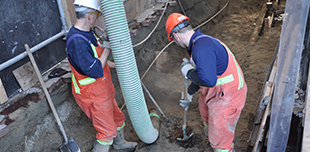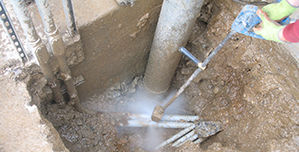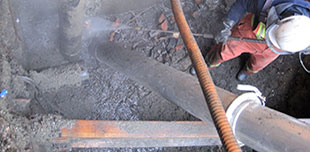Once a septic tank is installed into your home, daily and annual maintenance is needed to make sure your septic tank can properly do what it was meant to do. Aside from the simple small daily tasks such as checking the piping for leaks, there are also necessary things we should all do periodically, either annually, or once every 3 to 5 months to ensure that our septic tanks are working optimally.
Periodic maintenance can’t be done by yourself. You will need the help of septic tank service providers such as Edenflo or other septic pumping companies in order to help you with these tasks.
Some of the things that have to be done in order to make sure your septic tank will continue to perform in the future:
1. Regular Inspection. You can ask your septic tank pumping company to do this for you. It is important to regularly check your septic tank for problems so that they can be fixed as soon as possible. The frequency of inspection depends on the usage of the tank and how heavily your septic tank is working.
2. Pump out regularly. It is important that you have your septic tanks pumped out regularly to remove any accumulated solid waste. This is to keep your pumps and tanks clean. Again, the frequency of this action will depend on usage. For smaller houses with bigger septic tanks, once a year will do. For big houses with a rather small septic tank, more regular pumps will be needed.
3. A septic tank is not a disposal tank. Avoid throwing solid things into the sink or the drain, or even the toilet bowl. It can clog the pipes and cause serious problems with the drainage.








